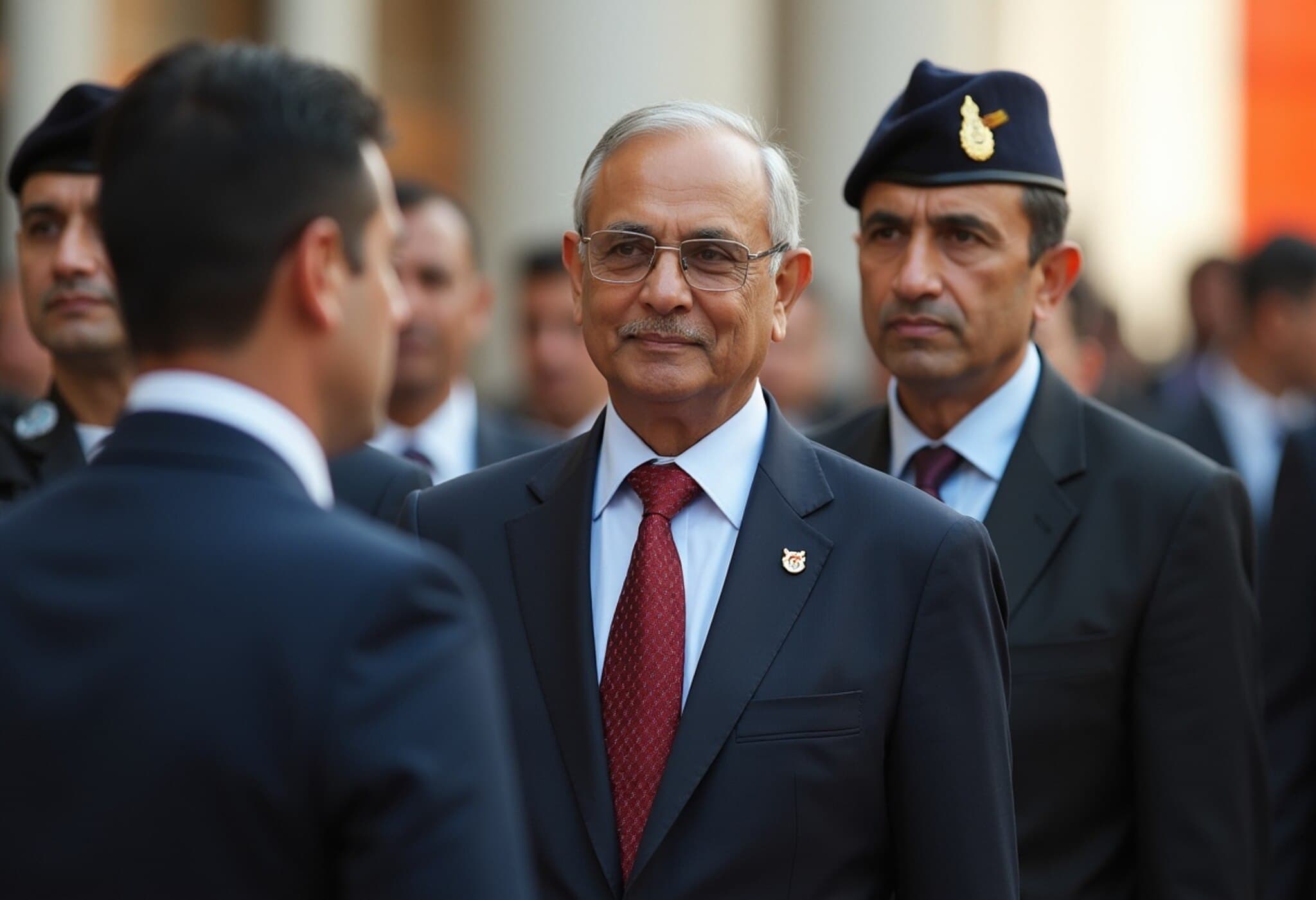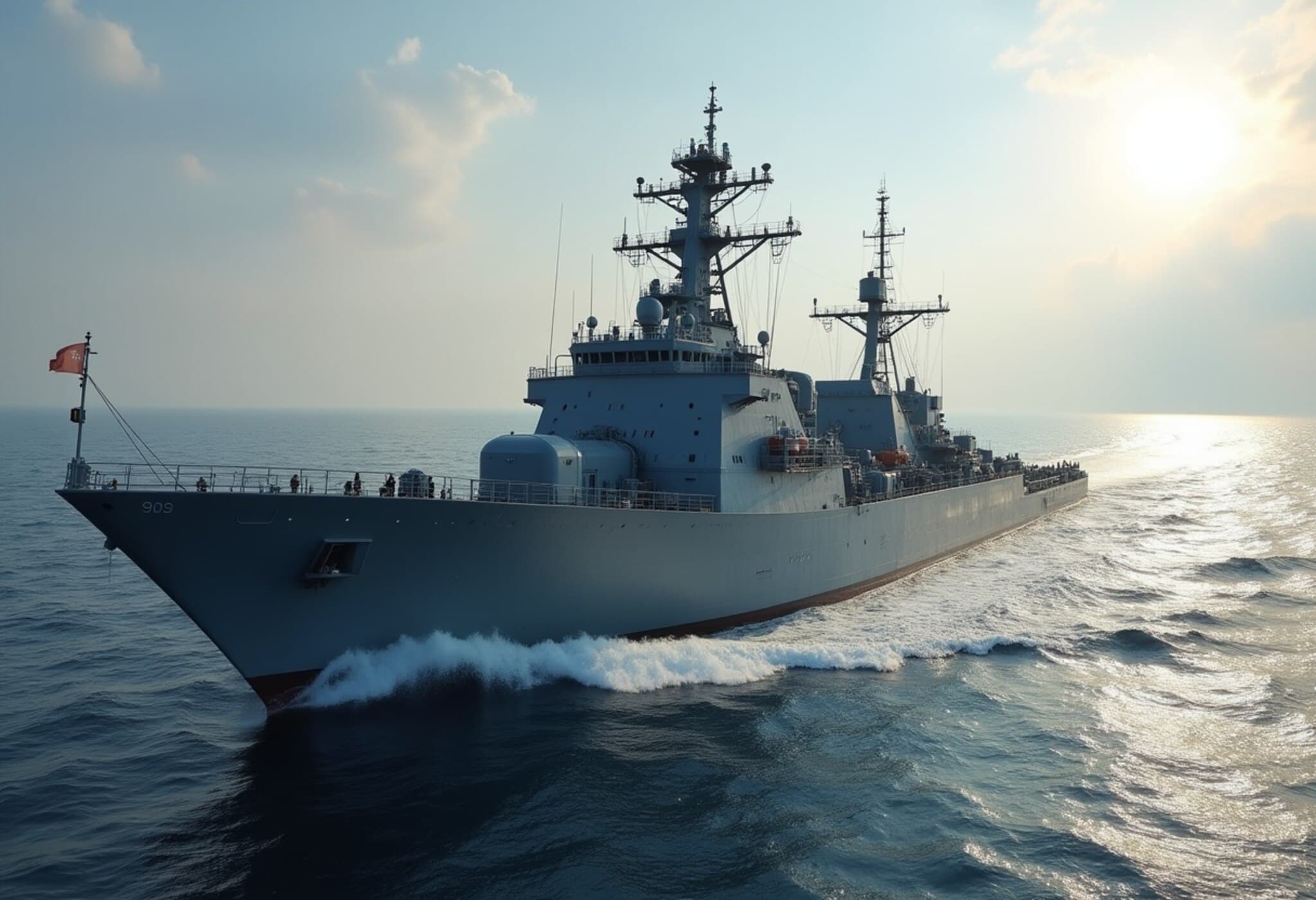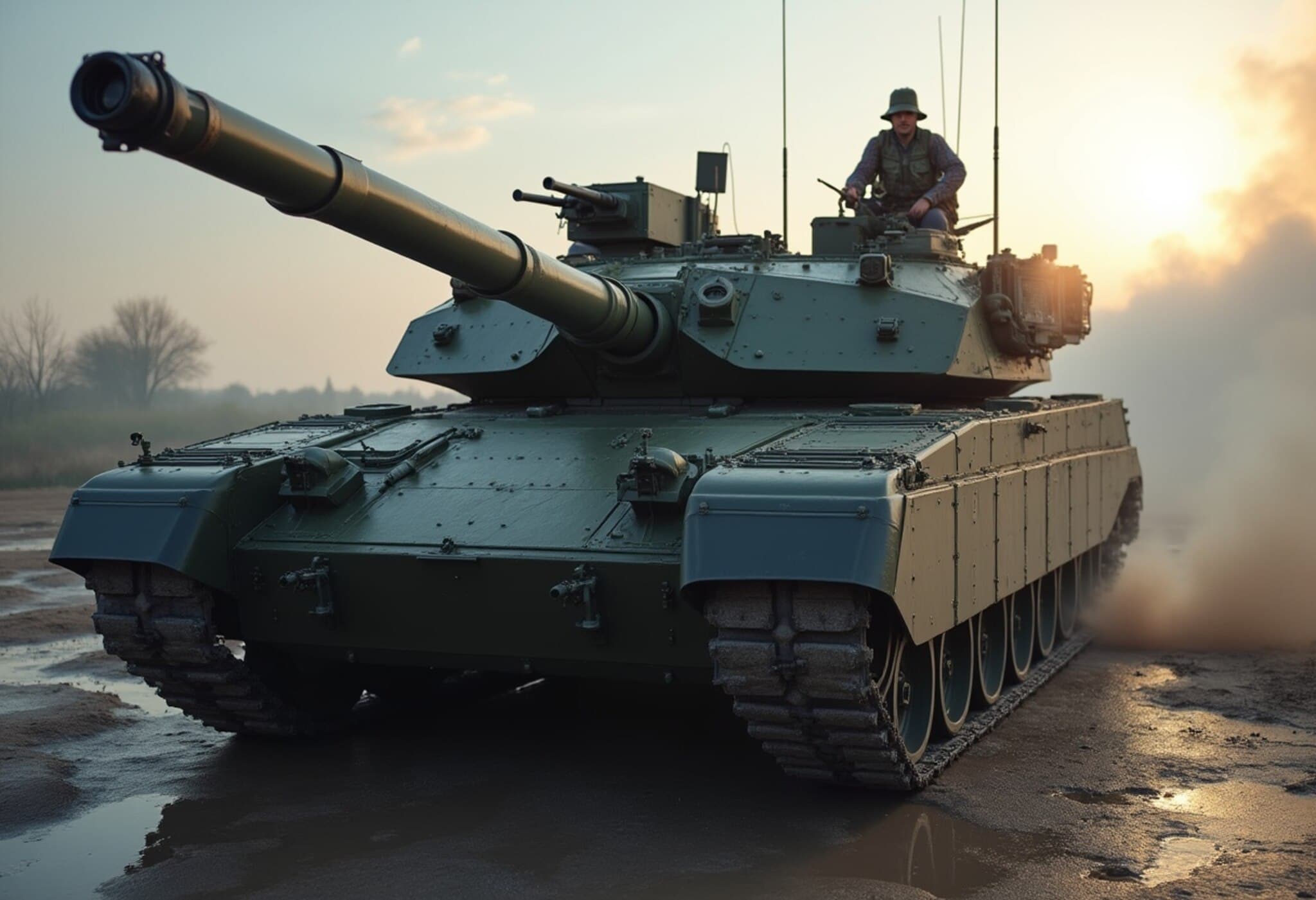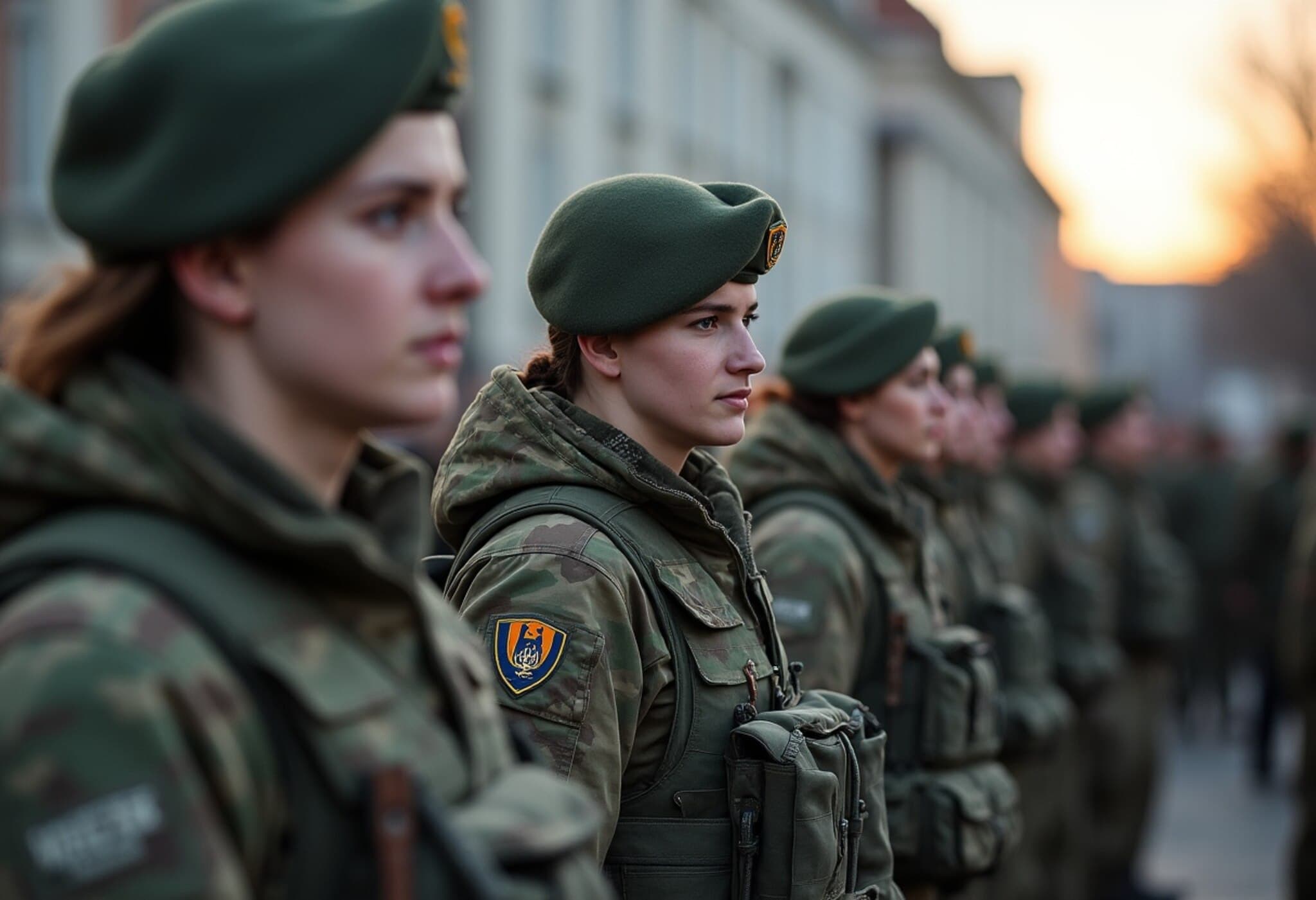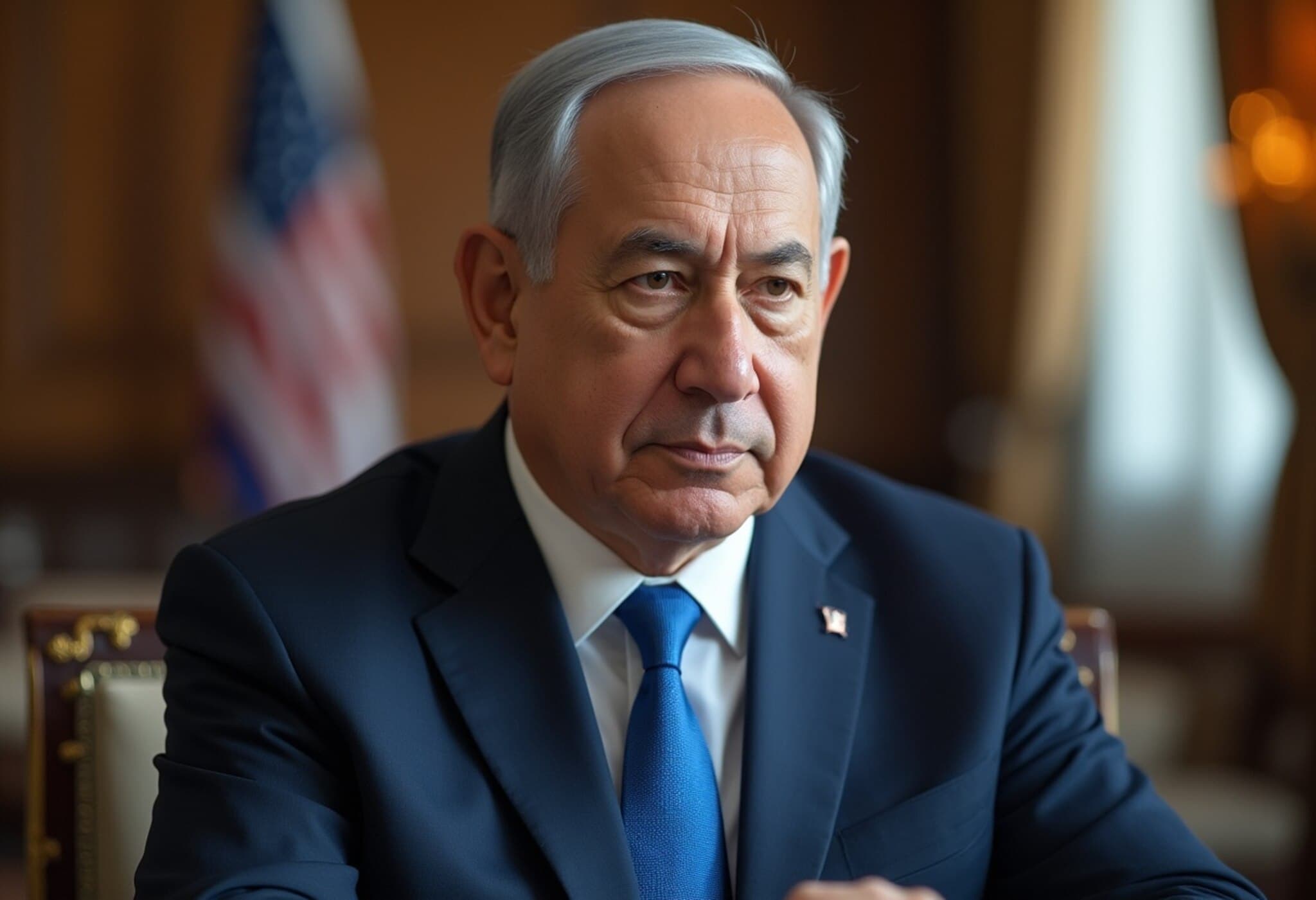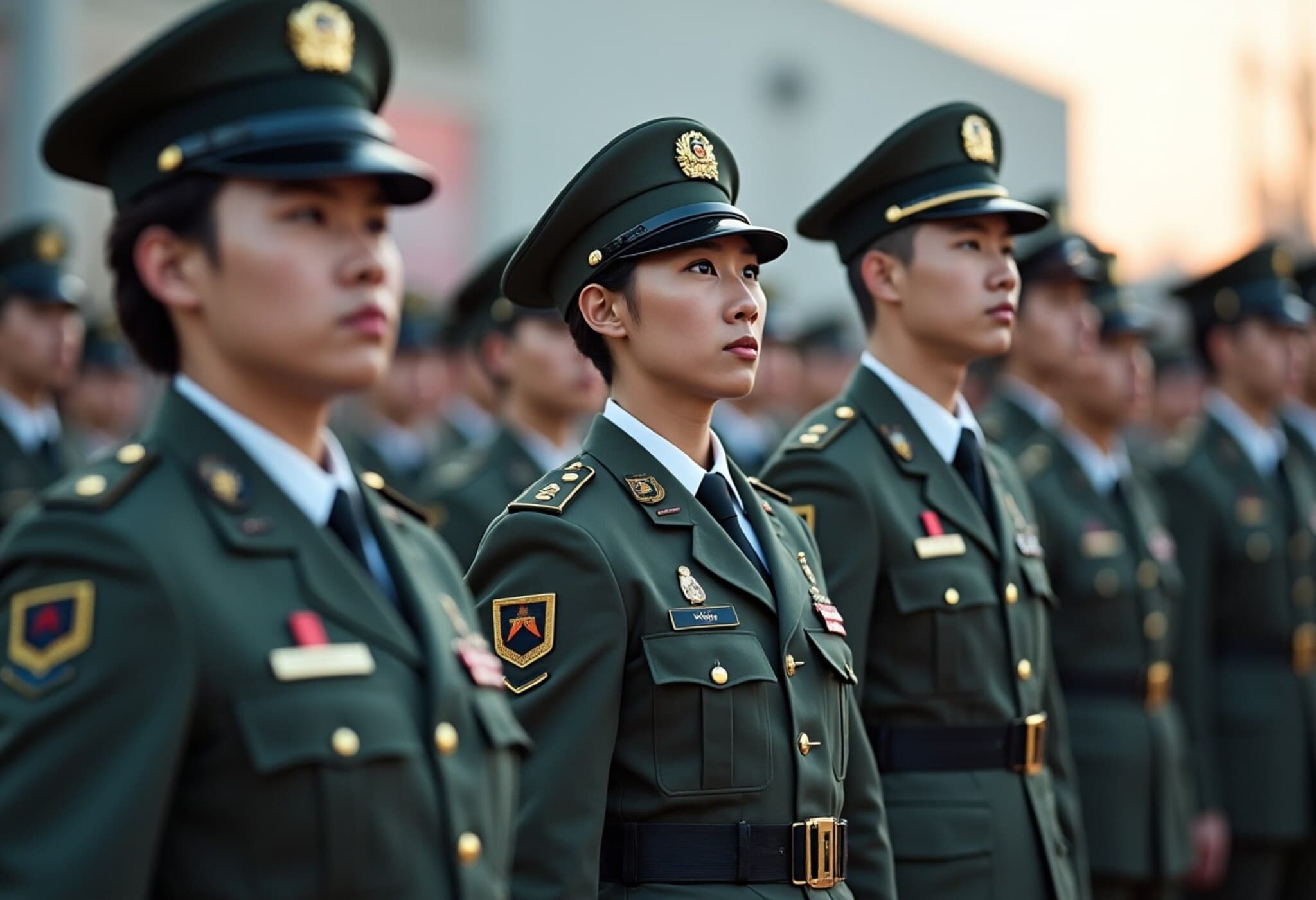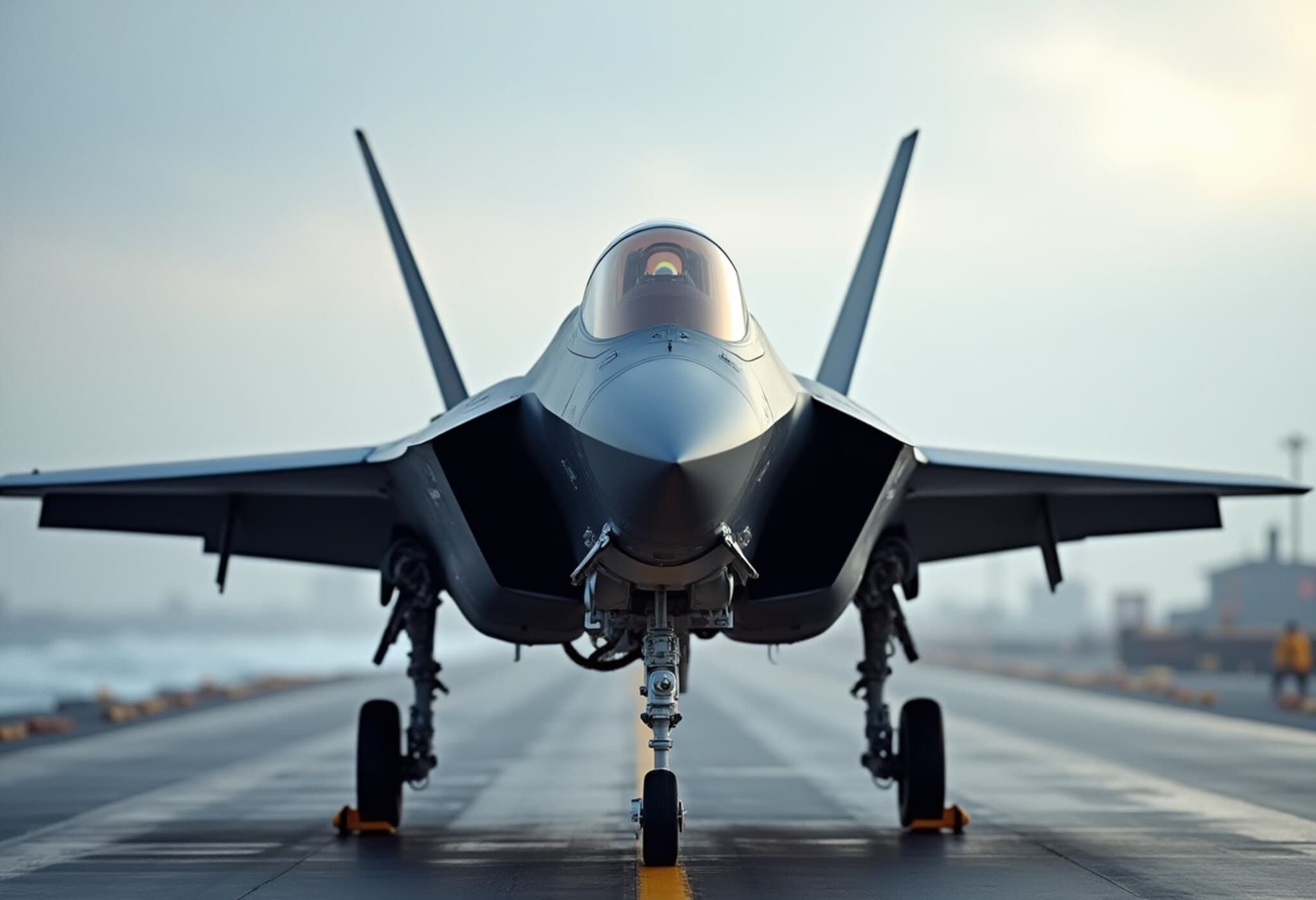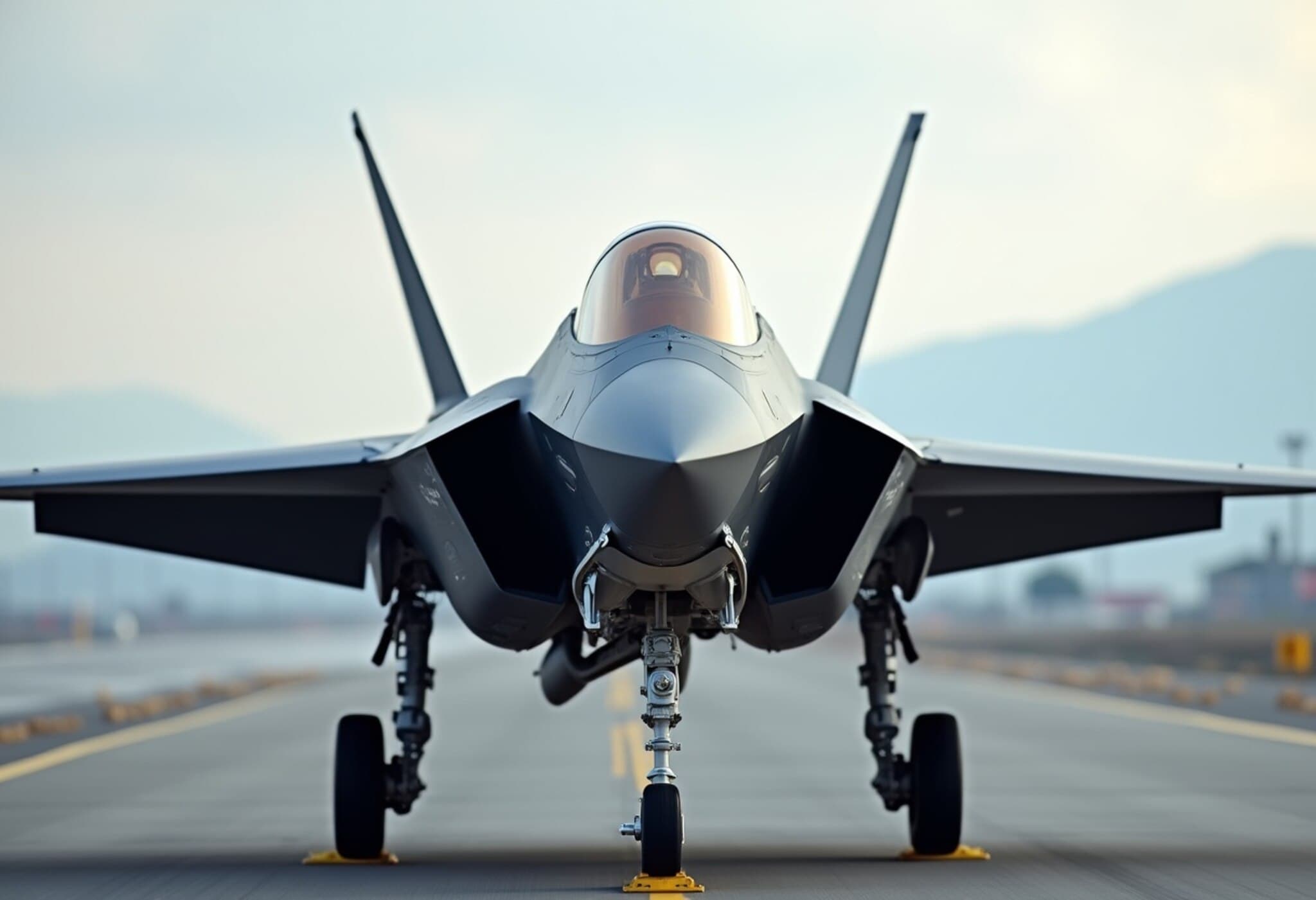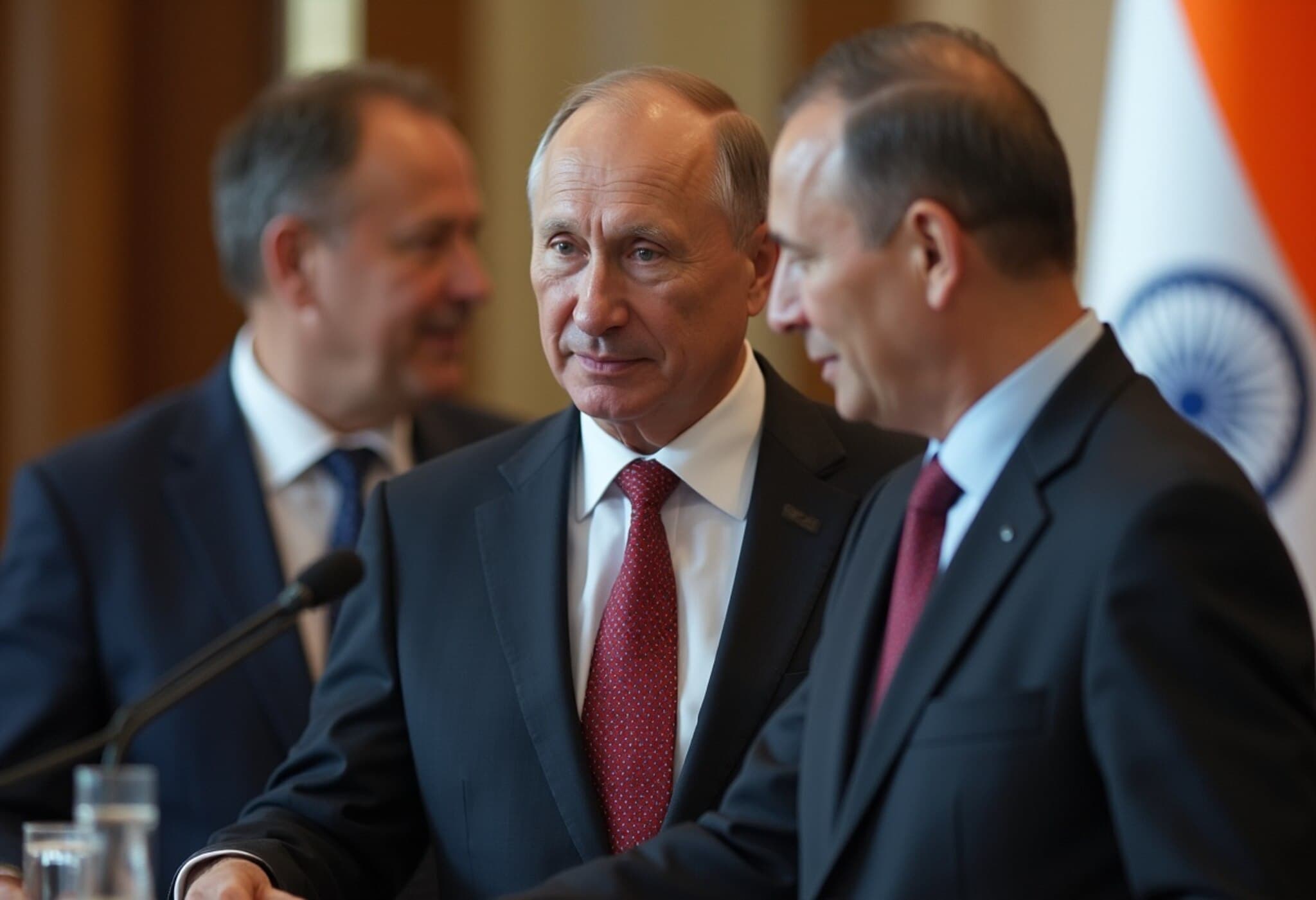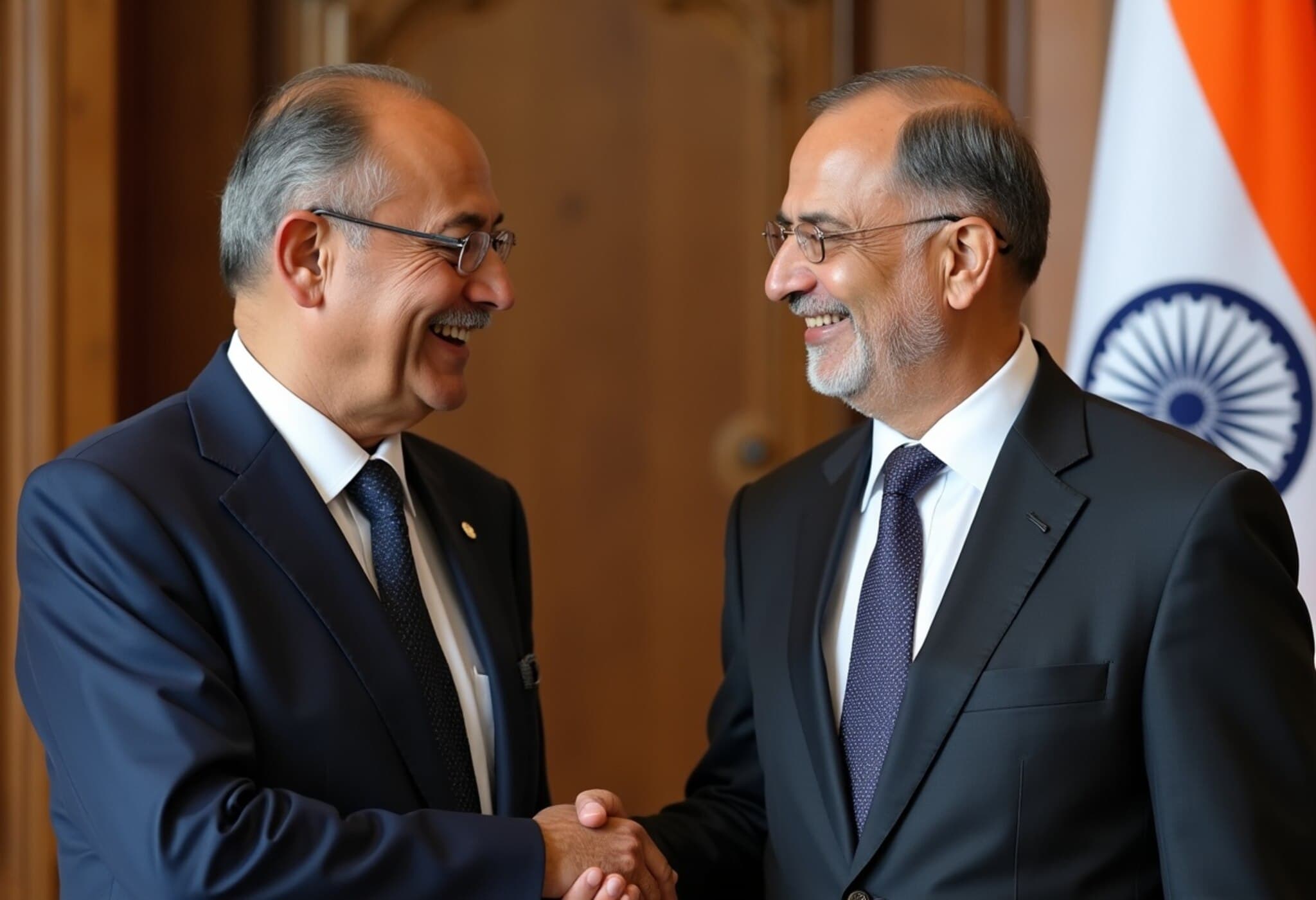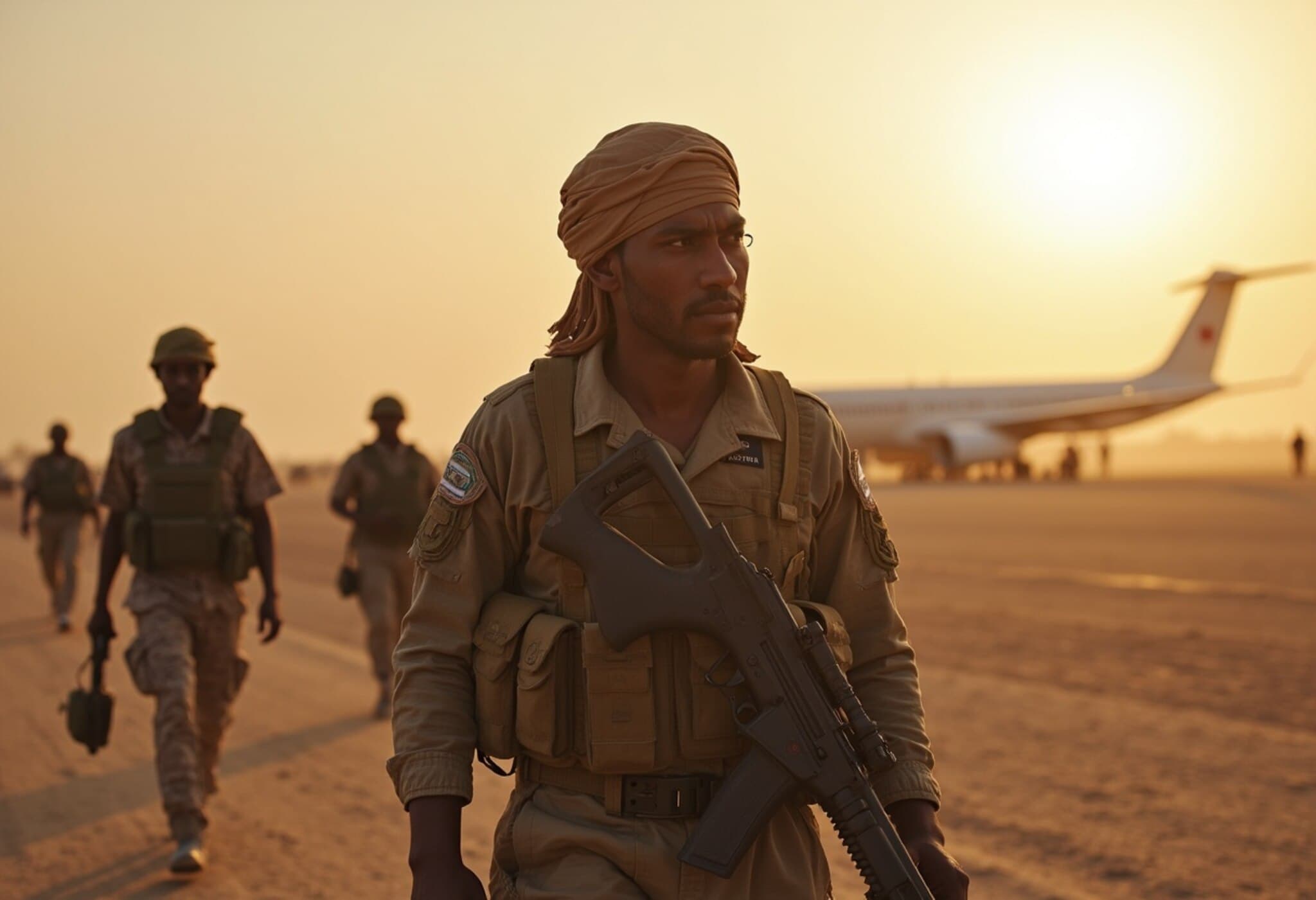India’s National Security Adviser Ajit Doval Visits Moscow Amid Complex Geopolitics
In a decisive move underscoring New Delhi's strategic autonomy, National Security Adviser (NSA) Ajit Doval embarked on a pivotal visit to Moscow on August 7, 2025. This trip comes at a time when US-India relations are increasingly strained over India’s growing defense and energy ties with Russia.
Strengthening Defense Collaboration: S-400 and Su-57 on the Table
Central to Doval’s agenda is the expansion of military cooperation, focusing heavily on enhancing India’s capabilities with Russian defense technology. The S-400 Triumf missile defense system remains a cornerstone, with India negotiating the purchase of additional units to bolster its air defense network. Discussions are reportedly underway not just for acquisition but also for establishing Maintenance, Repair, and Overhaul (MRO) facilities within India — a strategic move that could augment indigenous defense infrastructure.
Equally significant is the dialogue around the Su-57 stealth fighter jets, Russia's answer to fifth-generation combat aircraft. Talks aim to explore the possibilities of procurement, joint development, or transfer of technology, signaling India's intent to modernize its air force fleet effectively.
Contextualizing the Visit in Current Geopolitical Dynamics
Doval’s trip is not occurring in isolation. It follows heightened regional tensions fueled by terror incidents and ensuing military escalations between India and Pakistan, where India’s reliance on Russian defense systems was spotlighted. Joint ventures like the BrahMos cruise missile have already demonstrated the depth of India-Russia defense collaboration and its strategic impact.
Moreover, Doval is expected to meet with Russian President Vladimir Putin and key defense officials, underscoring the visit's high-level nature. This engagement dovetails with ongoing discussions about energy cooperation, particularly supplies of Russian crude, a critical issue as the United States continues to pressure India to limit such imports in light of the Russia-Ukraine conflict.
US-India-Russia Triangle: Navigating Diplomatic Pressures
The visit arrives against a backdrop of US opposition, including recent sanctions threats and an imposition of 25% tariffs by the Trump administration on Indian goods. American policymakers have been vocal about curbing India’s purchases of Russian oil and military hardware—a stance that tests New Delhi’s diplomatic balancing act between strategic autonomy and alliance considerations.
Adding a layer of complexity, US Special Envoy Witkoff is simultaneously in Moscow, marking his fifth visit this year, highlighting the intricate diplomatic ballet among these major powers.
Industrial Partnership: Beyond Defense
While defense cooperation takes center stage, India and Russia are also looking to invigorate their industrial ties more broadly. Given the global shifts in supply chains and geopolitical alliances, both nations see mutual benefits in expanding economic and technological collaboration.
Expert Insight: The Road Ahead
Ajit Doval's visit symbolizes more than transactional defense deals; it reflects India's strategic imperative to diversify partnerships and hedge against geopolitical uncertainties. As noted defense analyst Dr. Meera Krishnan explains, "India’s engagement with Russia on sophisticated weaponry underscores a pragmatic approach to national security while navigating complex international sanctions and diplomatic pressures."
Observers in Washington and New Delhi alike recognize that India’s pursuit of the S-400 and Su-57 platforms is also a message about its sovereign decision-making in an era of great power rivalries.
What This Means For Regional Security
- Enhanced Air Defense: Additional S-400 systems will strengthen India’s layered missile defense against emerging aerial threats.
- Fighter Fleet Modernization: Su-57 jets could help India maintain air superiority in a competitive South Asian airspace.
- Strategic Signaling: Reinforcing ties with Russia sends a clear message about India’s independent defense policy amidst US-China tensions.
- Energy Security: Continuing Russian oil supplies bolsters India’s diverse energy portfolio despite external pressures.
Editor’s Note
Ajit Doval's Moscow visit is a compelling chapter in India's quest to assert its strategic autonomy against a backdrop of global turbulence. While Western powers urge restraint, India’s defense and industrial engagements with Russia underscore a nuanced balancing act—prioritizing national interests while navigating international friction. For policy watchers and citizens alike, the visit prompts critical questions: How will India manage the fine line between partnership and pressure? Will emerging defense collaborations effectively contribute to regional stability? These are conversations that extend far beyond diplomatic corridors.

